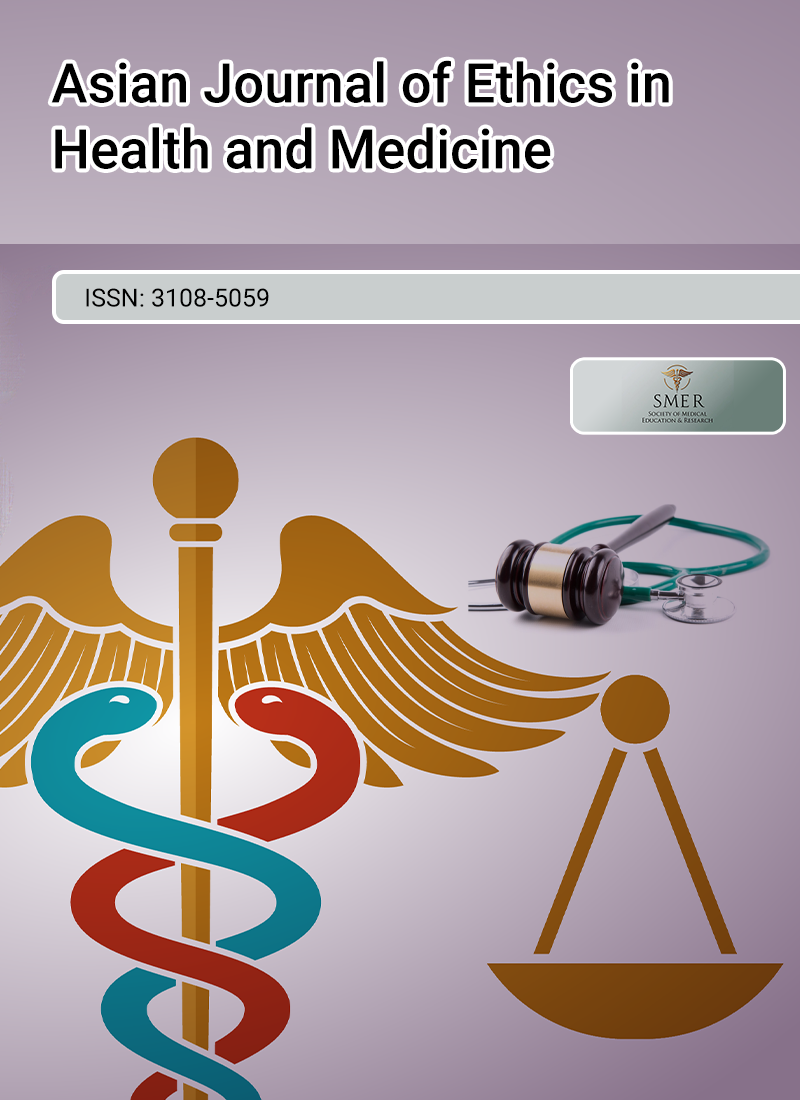
Implicit prejudice can contribute to unequal treatment in healthcare. However, the influence of medical specialty and professional experience on implicit bias toward obese and mentally ill patients has not been fully investigated. This study aimed to assess how specializing in psychiatry versus general medicine and years of clinical experience moderated implicit prejudice among Swiss physicians. Secondary objectives included evaluating the effects of two video-based interventions and a cognitive load condition on implicit bias, as well as exploring correlations between implicit bias, responses to a clinical vignette, and explicit prejudice. The study was conducted in three stages. In stage 1, participants completed an online questionnaire that included a clinical vignette. Stage 2 assessed implicit prejudice pre- and post-intervention using a 4 × 4 between-subjects design with a control group. Stage 3 measured explicit prejudice via feeling thermometers and included participant debriefing. Participants were 133 psychiatrists and internists working in Geneva, in both hospital and private practice settings. Implicit prejudice was measured using the Weight Implicit Association Test (IAT) and the Mental Illness IAT. Explicit attitudes toward obese and mentally ill individuals were assessed with Feeling Thermometers. The clinical vignette evaluated participants’ concern for a fictional patient presented under four conditions: control, obese, depressed, and obese with depression. Linear regression analyses examined associations between gender, experience, specialty, interventions, and responses on pre- and post-intervention IATs, explicit attitudes, and vignette ratings. Effect sizes were calculated using Cohen’s d, with significance set at p < 0.05 (two-tailed). Psychiatrists exhibited significantly lower implicit bias toward mentally ill patients compared to internists and reported warmer explicit attitudes toward this group. Physicians with more experience demonstrated warmer explicit attitudes toward the mentally ill and greater concern for patients in the vignette, except when the patient was described as obese. Medical specialty influences both implicit and explicit prejudice toward mental illness, while experience primarily affects explicit attitudes and patient concern. The impact of specialty on implicit bias appears to be largely related to self-selection into fields.